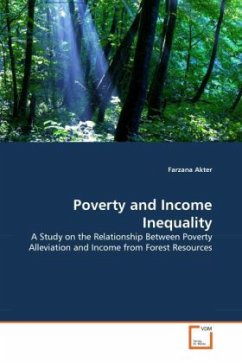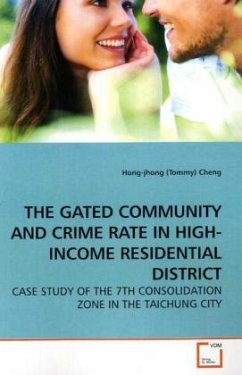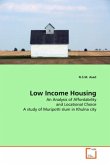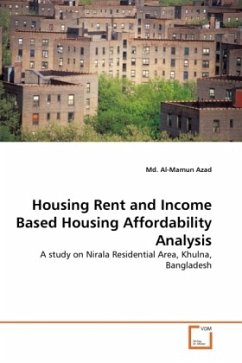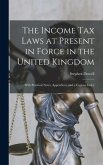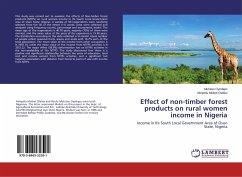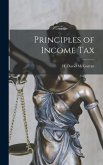In developing countries rural households rely heavily on goods and services freely provided by environmental resources. However, there have been very few adequate quantitative analyses due to a lack of appropriate household data sets encompassing economic and environmental data. Standard household budget surveys (HBSs) inevitably lack data on environmental income. In this study a 100 household data set from rural Lawchara National Park and its adjacent area to undertake a quantitative analysis of the impact of environmental income on household welfare. Environmental income, in this case largely from woodland-based resources, is strongly and bringing about roughly a reduction in inequality (as measured in standard HBSs). However, including the value of environmental income leaves analysis of the causes of poverty and rural differentiation unchanged from those done with the standard data. While environmental income is important in mitigating poverty, it is unlikely to be important in lifting people out of poverty.
Bitte wählen Sie Ihr Anliegen aus.
Rechnungen
Retourenschein anfordern
Bestellstatus
Storno

